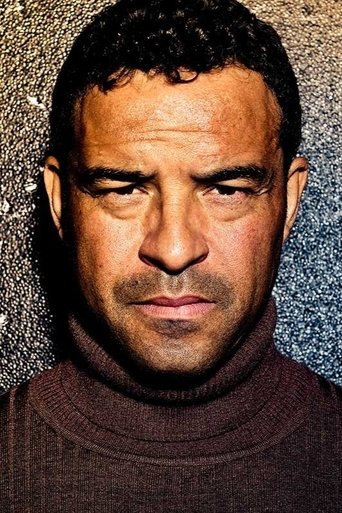Raphael Rowe
| 11 Mar 1968 | South East London - England - UK
• 66 views • 0 thumbs up • 0 thumbs down
Biography
Raphael Rowe is a British broadcast journalist and presenter who, along with two co-defendants, was wrongfully convicted in 1990 for a 1988 murder and a series of aggravated robberies known as the M25 Three. After spending nearly twelve years in prison, their convictions were ruled unsafe in July 2000, leading to their release.
Born in South-East London in 1968, Rowe grew up in a family of Jamaican and British heritage. He was wrongly accused of a violent attack in 1988 that resulted in a man's death and a series of home robberies. Despite inconsistencies in the victims' descriptions and Rowe's girlfriend later admitting she had lied, Rowe and his co-defendants were sentenced to life imprisonment without parole in March 1990.
After years of legal battles, including an appeal to the European Court of Human Rights, their convictions were overturned, and they were released in July 2000. Rowe always maintained his innocence, suggesting a conspiracy involving the police and witnesses.
Following his release, Rowe pursued a career in journalism, initially joining the BBC as a reporter for BBC Radio 4 in 2001. He later presented various BBC programs and made significant contributions to investigative journalism, including a documentary on the Barry George case. Rowe also walked the Camino de Santiago for a BBC Two series in 2017.
Currently, Raphael Rowe serves as a reporter on BBC One's "The One Show" and "Sunday Morning Live." He has also hosted multiple seasons of "Inside the World's Toughest Prisons" on Netflix and launched his podcast called "Second Chance" in August 2020. In December 2020, he released his memoir and autobiography titled "Notorious."
In his personal life, Rowe reconnected with a woman he had been dating before his incarceration, and they had their first child in 2004. He also has a son from a previous relationship, who was initially reluctant to see him due to the accusations against him. Rowe attributes his success as a journalist to his experiences of being wrongfully convicted and imprisoned for a crime he did not commit.




